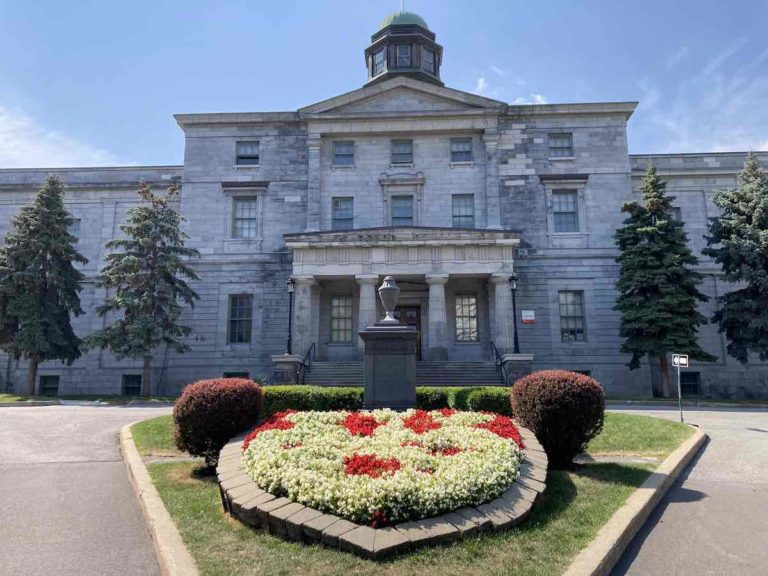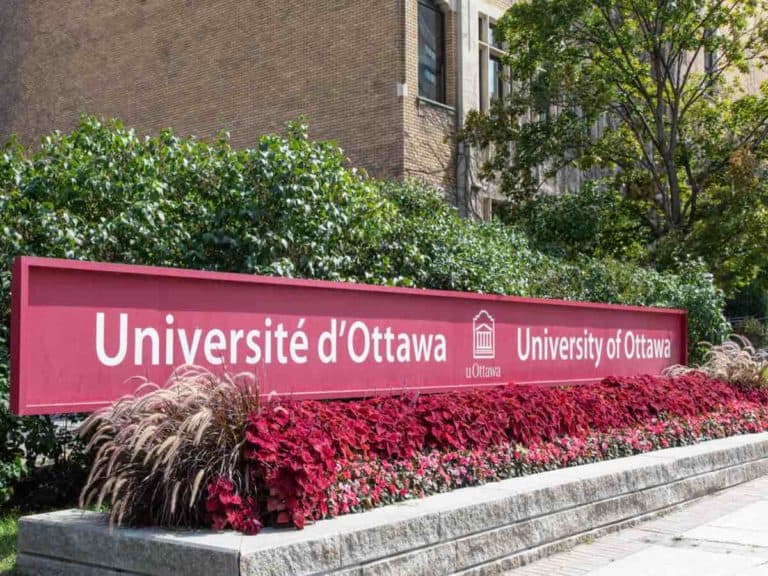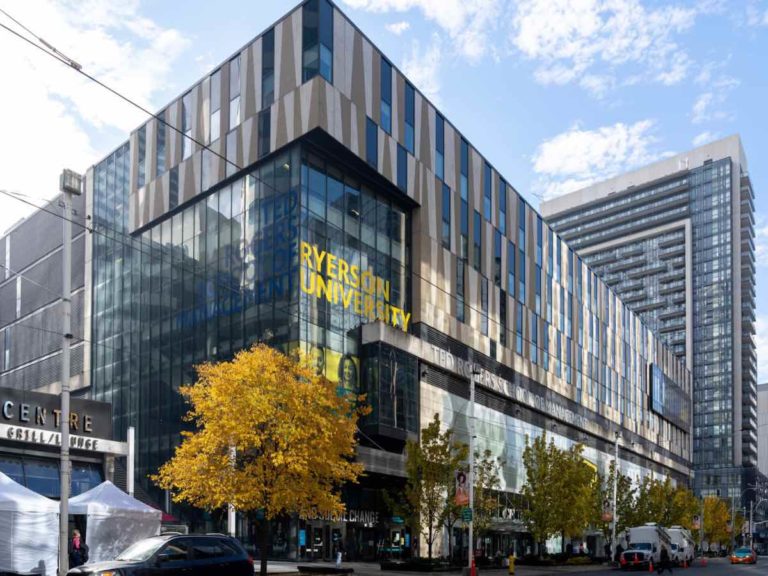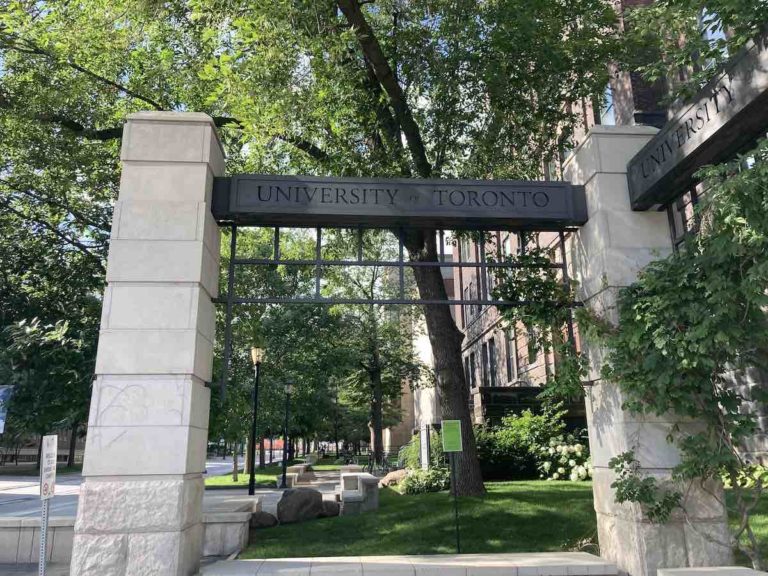19 Best Cheap Universities in Canada
There is a growing trend of students looking to study in Canada.
Some of the reasons are political – people, especially young and progressive, do not like the things happening lately, such as overturning Roe v. Wade, increasing gun violence, etc.
Also, the cost of higher education in the US is increasing faster than inflation.
These factors make our northern neighbor a great destination to spend the next four years of your life and get a quality education.
In Canada, there are lots of great schools. There are also lots of affordable colleges and universities in it. That is why, as of this writing, there are almost 400,000 international students enrolled in higher education in Canada! And if you’re thinking about becoming a part of the statistics, don’t stop reading now.
Below, you will come across not only some of the cheapest schools in Canada but also some of the best.
I have included some quick facts every soon-to-be international student needs to know about these Canadian colleges and universities they can consider applying to.
Also, I have provided the local and global rankings of each of the 19 schools in order to help you create your Canadian college list without much trouble.
Memorial University of Newfoundland
- Location: St. John’s, Newfoundland and Labrador
- Founding date: 1925
- School type: Public university
- Campus size: 279 acres
Campus setting: Urban - Student body: 19,429
- Estimated tuition: Can$2,550
- Acceptance rate: 67%
Popular academic programs: Art history, astrobiology, biology, chemistry, computer science, engineering, environmental science, geology, liberal arts, physics, psychology, social sciences
Also sometimes referred to as simply Memorial University, Memorial University of Newfoundland (MUN) was founded as a memorial to the locals who lost their lives actively serving during World War I.
Besides on-campus certificate, undergraduate and graduate programs, the public university also offers an assortment of online degrees.
EduRank ranks Memorial University of Newfoundland #34 in Best Universities in Canada, #339 in Best Universities in North America and #1,130 in Best Universities in the World.
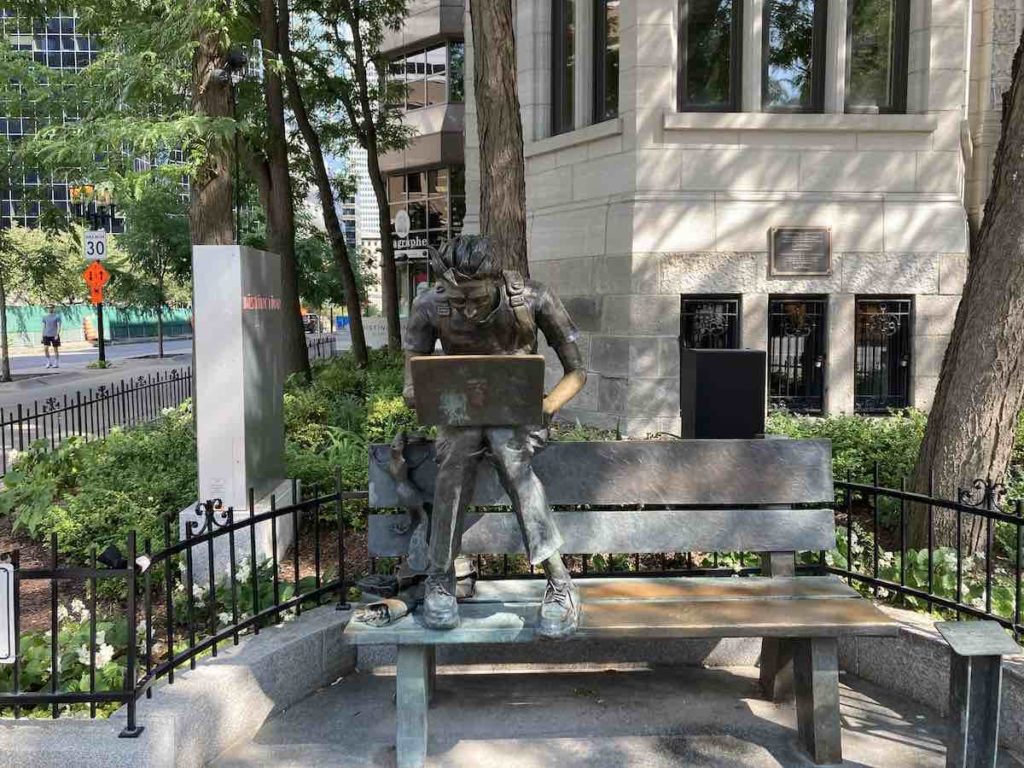
McGill University
- Location: Montreal, Quebec
- Founding date: 1821
- School type: Public research university
- Campus size: 80 acres
- Campus setting: Urban
- Student body: 40,036
- Estimated tuition: Can$2,391
- Acceptance rate: 47%
Popular academic programs: Biology, business, computer science, demography, engineering, materials science, occupational therapy, medicine, physics, respiratory therapy, social sciences, urology
The two campuses of McGill University, which are Montreal and Sainte-Anne-de-Bellevue, are about 19 miles away from one another. It is estimated that up to a quarter of the public research university’s attendees are international students, representing more than 150 countries. Its medical school is the oldest in all of Canada.
EduRank gives McGill University the following impressive rankings: #3 in Best Universities in Canada, #40 in Best Universities in North America and #46 in Best Universities in the World.
Read our McGill University review here. You will find all information you need to know how to get into McGill as an American student.
McMaster University
- Location: Hamilton, Ontario
- Founding date: 1887
- School type: Public research university
- Campus size: 377 acres
- Campus setting: Urban
- Student body: 30,117
- Estimated tuition: Can$3,750
- Acceptance rate: 59%
Popular academic programs: Biology, business, chemistry, engineering, environmental science, health sciences, healthcare management, liberal arts, mathematics, medicine, occupational therapy, physics, social sciences
As of this writing, McMaster University has a total of almost 60 buildings, the most prestigious of which is the McMaster University Medical Centre. The school also has the McMaster Museum of Art, which houses the works of Claude Monet and Vincent van Gogh. Some of its most notable alumni are Eugene Levy, Martin Short and John Candy.
The local and global rankings of McMaster University include #10 in Best Universities in Canada, #83 in Best Universities in North America and #141 in Best Universities in the World, all of which are by UniRank.
Read our review of McMaster University here.
University of Saskatchewan
- Location: Saskatoon, Saskatchewan
- Founding date: 1907
- School type: Public research university
- Campus size: 2,425 acres
- Campus setting: Urban
- Student body: 20,953
- Estimated tuition: Can$1,048
- Acceptance rate: 73%
Popular academic programs: Agricultural science, animal science, biology, biochemistry, chemistry, computer science, ecology, engineering, environmental science, liberal arts, medicine, physics, social sciences
What makes the University of Saskatchewan popular internationally is the fact that it’s one of Canada’s top research-driven and medical doctoral universities. As a result of this, it’s no wonder why its alumni members rank the school 4 out of 5 stars for job satisfaction, based on a Payscale survey.
EduRank ranks the University of Saskatchewan #18 in Best Universities in Canada, #133 in Best Universities in North America and #302 in Best Universities in the World.
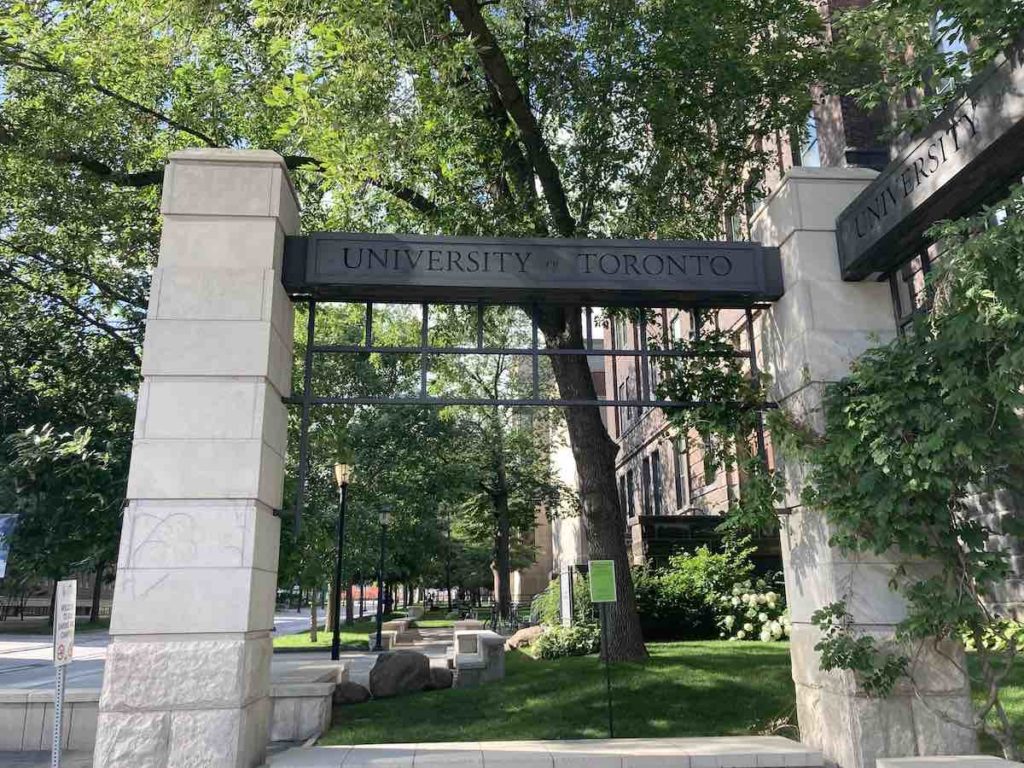
University of Toronto
- Location: Toronto, Ontario
- Founding date: 1827
- School type: Public research university
- Campus size: 180 acres
- Campus setting: Urban
- Student body: 95,055
- Estimated tuition: Can$6,780
- Acceptance rate: 43%
Popular academic programs: Biology, chemistry, computer science, engineering, liberal arts, mathematics, medicine, oncology and cancer research, physics, sociology, surgery
Many different global college ranking sites highly rank the University of Toronto, which has three campuses — St. George, Mississauga and Scarborough. One of the most prestigious scholarship programs available for international students attending the public research university is the Lester B. Pearson International Scholarships.
Here are the various local and global rankings of the University of Toronto by EduRank: #1 in Best Universities in Canada, #14 in Best Universities in North America and #16 in Best Universities in the World.
Read our University of Toronto review here. You will find all information you need to know how to get into U of Toronto as an American student.
Loyalist College
- Location: Belleville, Ontario
- Founding date: 1967
- School type: Public college
- Campus size: 200 acres
- Campus setting: Rural
- Student body: 3,285
- Estimated tuition: Can$1,361
- Acceptance rate: 65%
Popular academic programs: Architectural technician, automotive service, biotechnology, cyber security, engineering, environmental technology, mechatronics, welding and fabrication technician
Technically speaking, Loyalist College is an applied arts and technology institution, offering a variety of postsecondary courses at different levels. Helping to make applying to it easier for international students is the availability of the public college’s offices in countries such as China, India, Nigeria and Uganda.
Research Infosource, Inc. ranks Loyalist College #18 in Canada’s Top 50 Research Colleges (Medium Colleges). Meanwhile, it’s in the top 25% in Ontario for graduate employment based on key performance indicator (KPI) results.
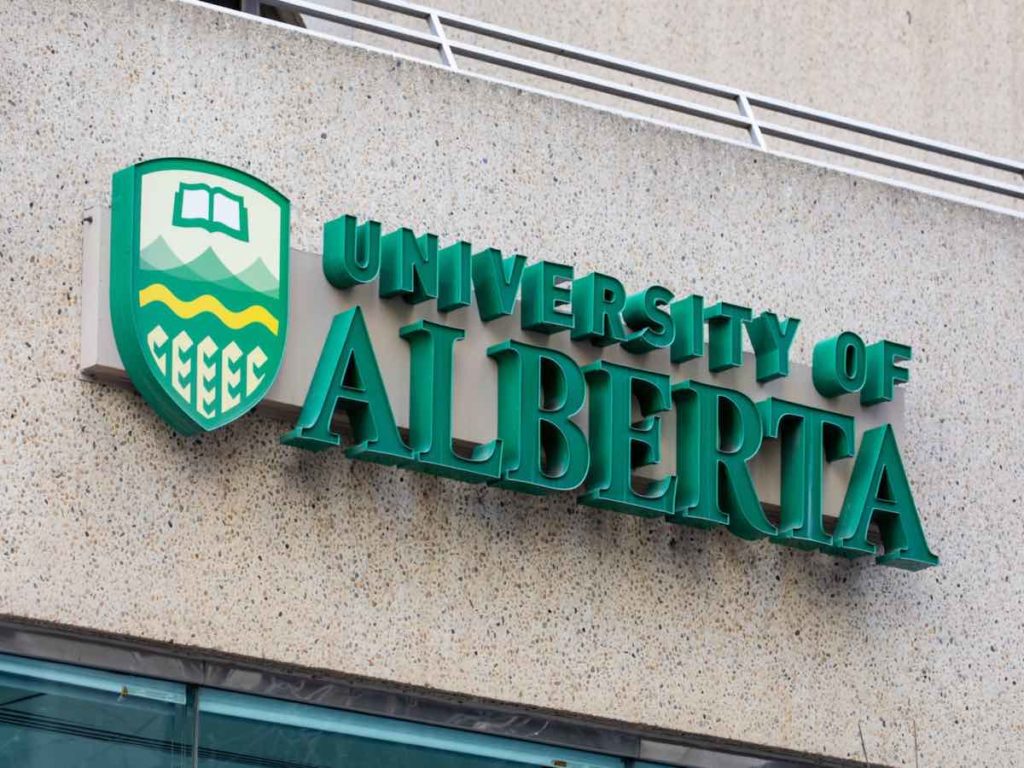
University of Alberta
- Location: Edmonton, Alberta
- Founding date: 1908
- School type: Public research university
- Campus size: 230 acres
- Campus setting: Urban
- Student body: 37,500
- Estimated tuition: Can$6,100
- Acceptance rate: 58%
Popular academic programs: Art and design, biology, chemistry, economics, environmental science, exercise, science, liberal arts, mathematics, medicine, paleontology, petroleum engineering, psychology
The presence of facilities such as the NanoFAB, the Oil Sands Tailings Research Facility, and the Peter S. Allen Magnetic Resonance Research Centre serves as proof that the University of Alberta has very high research activity. Back in 2016, the school received $82.5 million from the federal and provincial governments to improve its research facilities.
EduRank gives the University of Alberta the following remarkable rankings: #4 in Best Universities in Canada, #56 in Best Universities in North America and #78 in Best Universities in the World.
Read our review of the University of Alberta.

University of British Columbia
- Location: British Columbia
- Founding date: 1908
- School type: Public research university
- Campus size: 993 acres
- Campus setting: Urban
- Student body: 59,659
- Estimated tuition: Can$5,646
- Acceptance rate: 53%
Popular academic programs: Artificial intelligence, biology, chemistry, computer science, engineering, environmental science, liberal arts, medicine, physical therapy, physics, social sciences
The two campuses of the University of British Columbia are located in Vancouver and Okanagan. Each year, the public research university receives around $600 million in funding for its research activities. Offering over 500 programs, the University of British Columbia attracts international students from more than 140 countries.
#2 in Best Universities in Canada, #29 in Best Universities in North America and #33 in Best Universities in the World — these are the rankings of the University of British Columbia by UniRank.
Read our review of the University of British Columbia.
Dalhousie University
- Location: Halifax, Nova Scotia
- Founding date: 1818
- School type: Public research university
- Campus size: 79 acres
- Campus setting: Suburban
- Student body: 18,500
- Estimated tuition: Can$4,297
- Acceptance rate: 65%
Popular academic programs: Bioethics, earth and marine sciences, geology, geophysics, liberal arts, petroleum engineering, social sciences, wildlife and fisheries management and conservation
One of the oldest learning institutions in all of Canada is Dalhousie University. It takes pride in the fact that it’s the only institution in the country to have a College of Sustainability, which helps ensure that all important functions and activities of the school prioritize emerging sustainability concepts.
The local and global rankings of Dalhousie University by UniRank include #14 in Best Universities in Canada, #112 in Best Universities in North America and #327 in Best Universities in the World.
University of Guelph
- Location: Guelph, Ontario
- Founding date: 1964
- School type: Public research university
- Campus size: 1,455 acres
- Campus setting: Urban
- Student body: 29,507
- Estimated tuition: Can$5,893
- Acceptance rate: 75%
Popular academic programs: Agricultural science, animal science, biology, biotechnology, botany, business, chemistry, engineering, environmental science, psychology, social sciences
Out of the nearly 30,000 degree-seeking attendees of the University of Guelph (U of G), approximately 1,400 of them are international students coming from more than 120 countries. One of the things the institution is known for is that it combines classical architecture with state-of-the-art facilities.
According to UniRank, the University of Guelph is #19 in Best Universities in Canada, #137 in Best Universities in North America and #312 in Best Universities in the World.
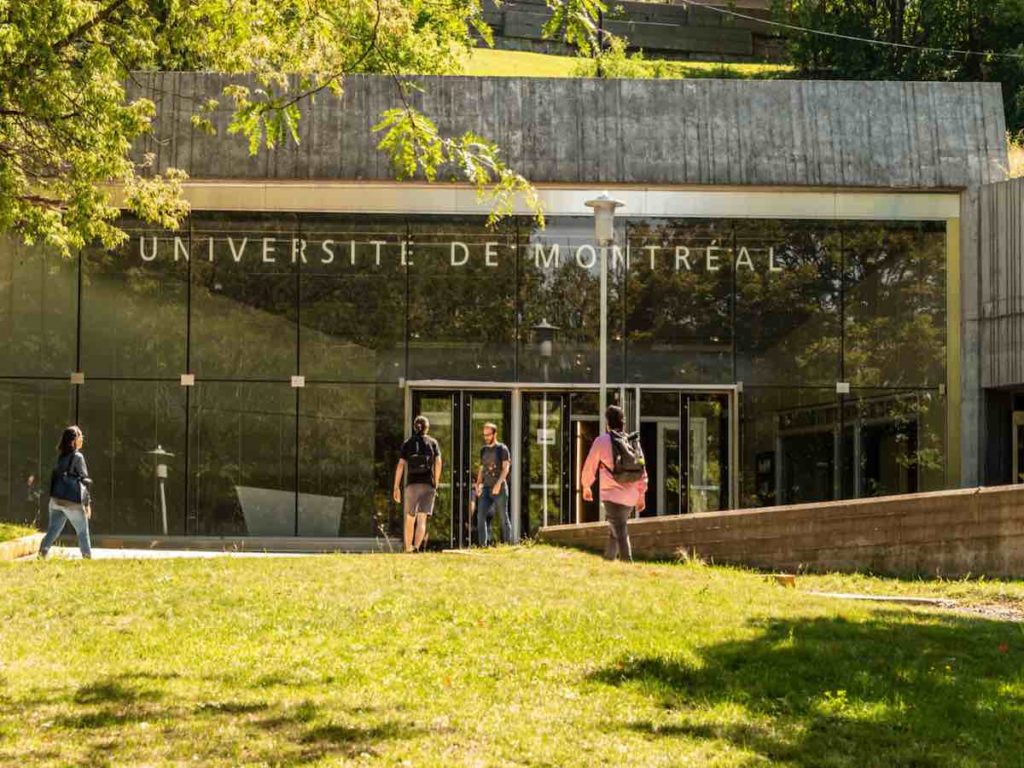
University of Montreal
- Location: Montreal, Quebec
- Founding date: 1878
- School type: Public research university
- Campus size: 150 acres
- Campus setting: Urban
- Student body: 45,360
- Estimated tuition: Can$2,000
- Acceptance rate: 57%
Popular academic programs: Audiology, biology, computer science, engineering, immunology, liberal arts, neuroscience, political science, psychology, social sciences
Also commonly known as Universite de Montreal, it’s obvious that the University of Montreal is a French-language school. It is affiliated with Polytechnique Montreal, an engineering school, and HEC Montreal, a business school. Some of the most notable alumni of the University of Montreal include Pierre Trudeau, Michael Mando and Sophie Gregoire.
The following are the different local and global rankings of the University of Montreal by EduRank: #5 in Best Universities in Canada, #67 in Best Universities in North America and #105 in Best Universities in the World.
We were in Montreal this summer and I asked our tour guide who graduated from Universite de Montreal and its rankings and he claimed it is the best French-speaking college in Canada.
So, if you speak French and want to study in French, but do not want to go to college in Europe, it’s one of the best places for you to get your degree.
Read our review of Universite de Montreal.
University of Northern British Columbia
- Location: Prince George, British Columbia
- Founding date: 1990
- School type: Public research university
- Campus size: 550 acres
- Campus setting: Urban
- Student body: 3,500
- Estimated tuition: Can$5,644
- Acceptance rate: 73%
Popular academic programs: Biology, business, ecology, environmental management, environmental science, cartography, forestry, geography, liberal arts, social sciences, sociology
The University of Northern British Columbia (UNBC) is known to have a tight-knit community, which makes it perfect for undergraduate students who prefer to attend a small institution where practically everyone knows each other. It attracts a lot of international universities, especially more so because of its on-campus space called the Global Lounge.
Based on rankings given by UniRank, the University of Northern British Columbia is #45 in Best Universities in Canada, #445 in Best Universities in North America and #1,550 in Best Universities in the World.
University of Waterloo
- Location: Waterloo, Ontario
- Founding date: 1957
- School type: Public research university
- Campus size: 1,112 acres
- Campus setting: Urban
- Student body: 35,900
- Estimated tuition: Can$6,128
- Acceptance rate: 53%
Popular academic programs: Artificial intelligence, computer science, computer networking, cryptography, engineering, environmental science, materials science, mathematics, physics, telecommunications
The main campus of the University of Waterloo is home to more than 100 buildings with six faculties. Since it’s located in Canada’s technology hub, it isn’t surprising why the public research university’s global partnerships keep expanding. Some of the most competitive majors at the University of Waterloo are computer science and engineering.
EduRank ranks the University of Waterloo #34 in Best Universities in Canada, #71 in Best Universities in North America and #117 in Best Universities in the World.
Read our review of the University of Waterloo.
University of Manitoba
- Location: Winnipeg, Manitoba
- Founding date: 1877
- School type: Public research university
- Campus size: 680 acres
- Campus setting: Urban
- Student body: 29,800
- Estimated tuition: Can$4,400
- Acceptance rate: 52%
Popular academic programs: Agricultural science, animal science, chemistry, engineering, food science, healthcare management, immunology, liberal arts, medicine, molecular biology, nutrition, physics, social sciences
In the western part of Canada, the University of Manitoba is the very first university established. These days, it is considered one of the country’s most research-intensive learning facilities. All full-time students are eligible to apply to the school’s various residence options — there’s the so-called homestay program for international students.
#15 in Best Universities in Canada, #114 in Best Universities in North America and #243 in Best Universities in the World — these are the rankings of the University of Manitoba by UniRank.
Read our review of the University of Manitoba.
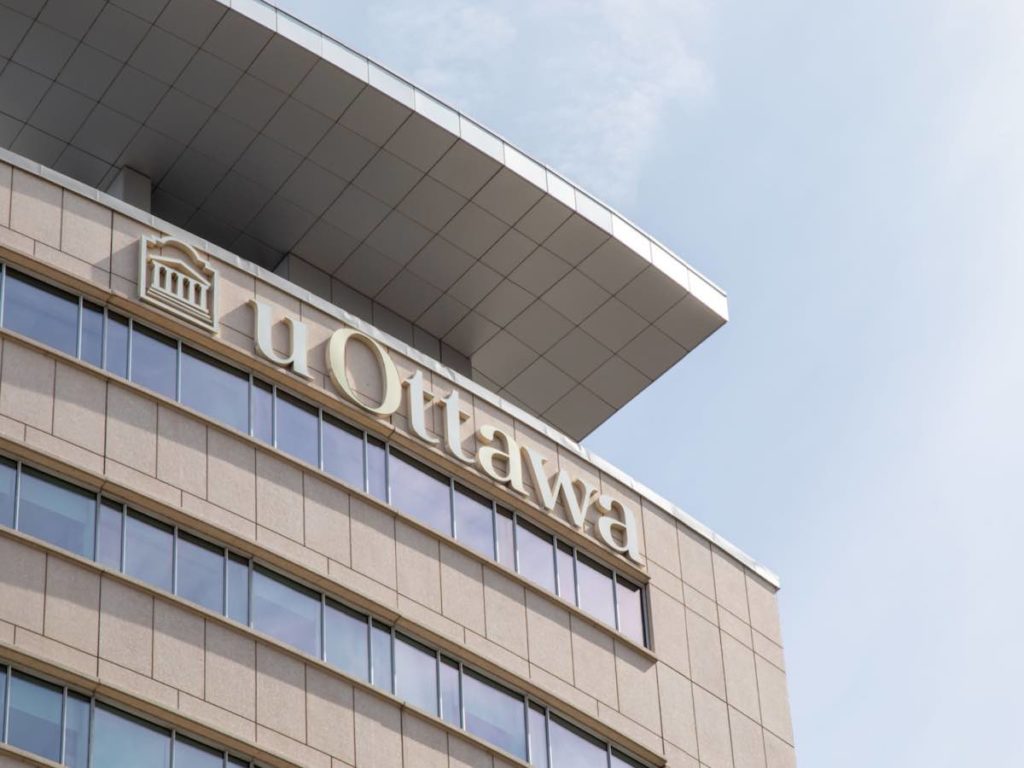
University of Ottawa
- Location: Ottawa, Ontario
- Founding date: 1848
- School type: Public research university
- Campus size: 64 acres
- Campus setting: Rural
- Student body: 42,027
- Estimated tuition: Can$3,188
- Acceptance rate: 48%
Popular academic programs: biology, computer science, engineering, family medicine, health science, healthcare management, liberal arts, mathematics, political science, public health, social sciences, sociology
When it was established, the University of Ottawa was known as College of Bytown. All over the globe, the public research university is recognized as the largest bilingual university. The institution takes pride in the fact that it has a 98.9% graduation rate and, more importantly, a 96.2% employment rate.
According to rankings given by UniRank, the University of Ottawa is #11 in Best Universities in Canada, #94 in Best Universities in North America and #179 in Best Universities in the World.
Read our review of the University of Ottawa.
Concordia University
- Location: Montreal, Quebec
- Founding date: 1974
- School type: Public research university
- Campus size: 70 acres
- Campus setting: Suburban
- Student body: 43,752
- Estimated tuition: Can$4,933
- Acceptance rate: 79%
Popular academic programs: Automation and control engineering, biology, business, chemistry, computer science, electronic engineering, mathematics, operations research, physics, psychology, social psychology, software engineering
One of the goals of Concordia University is to prepare its students for the challenges of tomorrow. And it does so by constantly taking up projects with an emphasis on the latest technological breakthroughs. It also makes earning a degree more affordable to international students via the Concordia International Tuition Award of Excellence.
EduRank ranks Concordia University #21 in Best Universities in Canada, #149 in Best Universities in North America and #383 in Best Universities in the World.
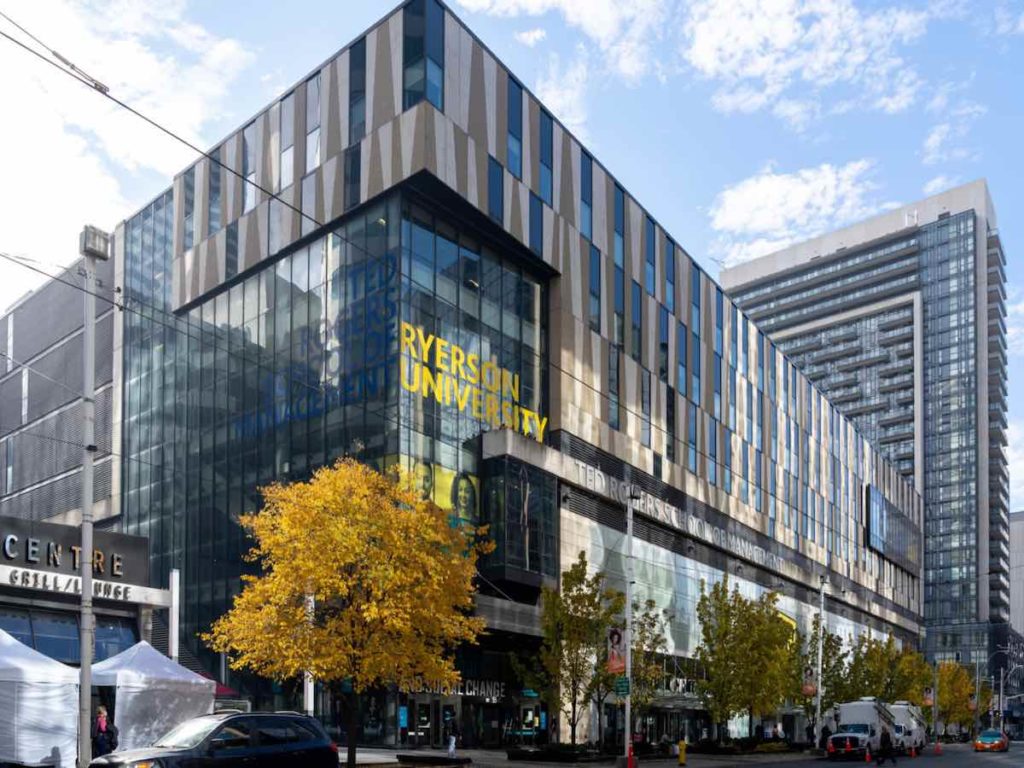
Ryerson University
- Location: Toronto, Ontario
- Founding date: 1948
- School type: Public research university
- Campus size: 121 acres
- Campus setting: Urban
- Student body: 38,950
- Estimated tuition: Can$7,050
- Acceptance rate: 80%
Popular academic programs: Architectural engineering, business, chemistry, computer science, digital media, journalism, physics, psychology, transportation engineering
After World War II, Ryerson University, which was called back then the Ryerson Institute of Technology, was established to provide the educational needs of skilled tradespeople. It was only in 1993 when it obtained university status. Ryerson University has the International Student Support (ISS) to meet the financial needs of its international attendees.
These are some of the local and global rankings of Ryerson University by EduRank: #23 in Best Universities in Canada, #182 in Best Universities in North America and #496 in Best Universities in the World.
Read our review of Ryerson University.
University of New Brunswick
- Location: Fredericton, New Brunswick
- Founding date: 1785
- School type: Public research university
- Campus size: 364 acres
- Campus setting: Urban
- Student body: 12,500
- Estimated tuition: Can$3,912
- Acceptance rate: 67%
Popular academic programs: Biology, computer science, ecology, engineering, environmental science, geochemistry, petrology, remote sensing, wildlife and fisheries management and conservation
The University of New Brunswick has two campuses. The institution is ideal for international students who like to earn research-intensive degrees for it has around 65 research laboratories and a total of 20 research institutes. Anne Murray and Walter Pidgeon are some of the most notable alumni of the University of New Brunswick.
EduRank gives the University of New Brunswick the following rankings: #26 in Best Universities in Canada, #221 in Best Universities in North America and #616 in Best Universities in the World.
University of Regina
- Location: Regina, Saskatchewan
- Founding date: 1911
- School type: Public research university
- Campus size: 930 acres
- Campus setting: Urban
- Student body: 12,500
- Estimated tuition: Can$4,166
- Acceptance rate: 85%
Popular academic programs: Chemistry, computer science, economics, environmental engineering, environmental science, geology, liberal arts, medicine, operations research, petroleum engineering, physics, social sciences
Established in 1911 as a private denominational secondary school of the Methodist Church of Canada, the University of Regina is made up of 25 departments and schools, 18 research facilities and 10 faculties. Based on a survey conducted by Payscale, the average starting annual salary of the University of Regina graduates amounts to Can$40,000.
The University of Regina is #29 in Best Universities in Canada, #261 in Best Universities in North America and #839 in Best Universities in the World, all of which by UniRank.
Read Next: Best cheap universities in Europe
Disclaimer: The views and opinions expressed in this article are those of the authors and do not necessarily represent those of the College Reality Check.
